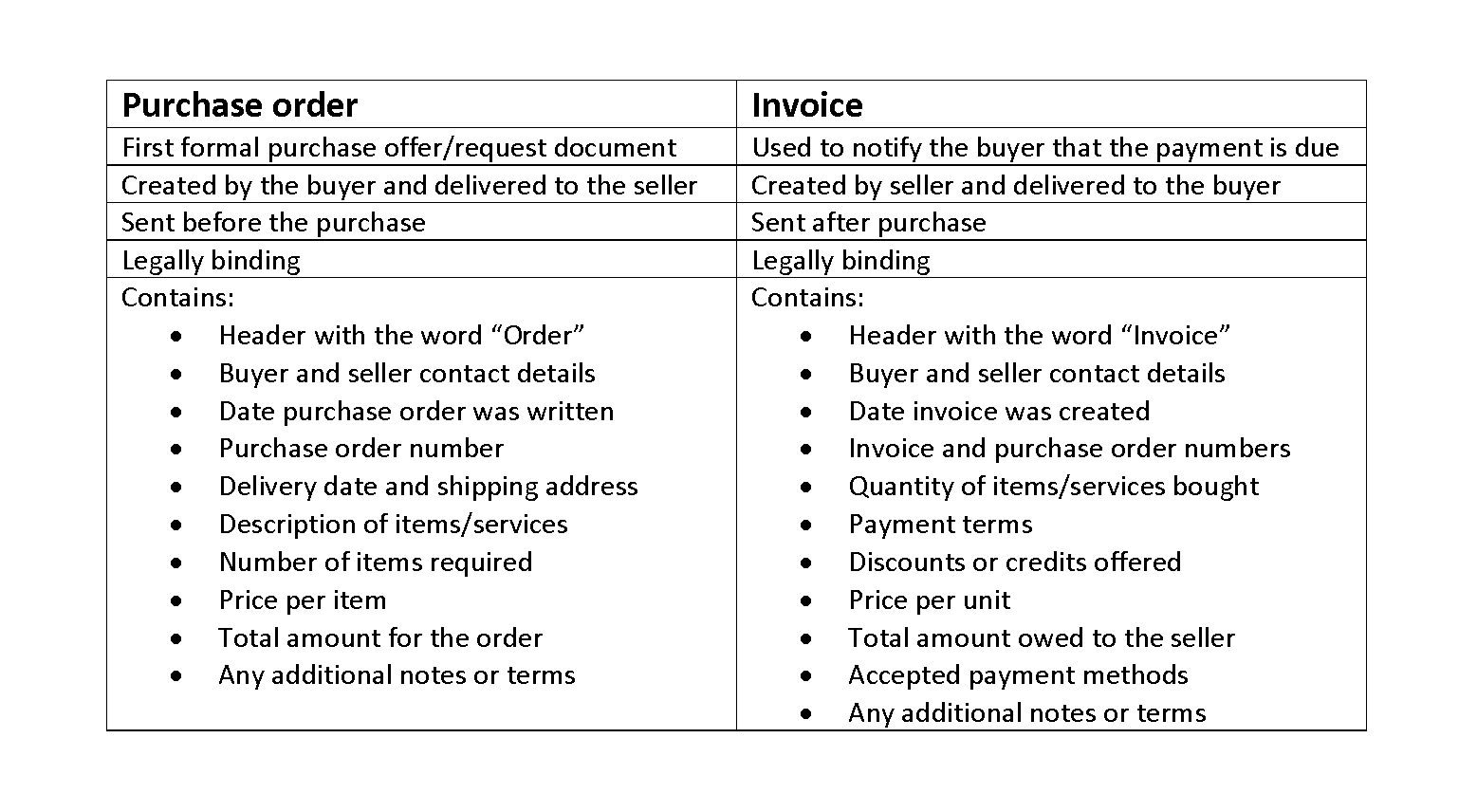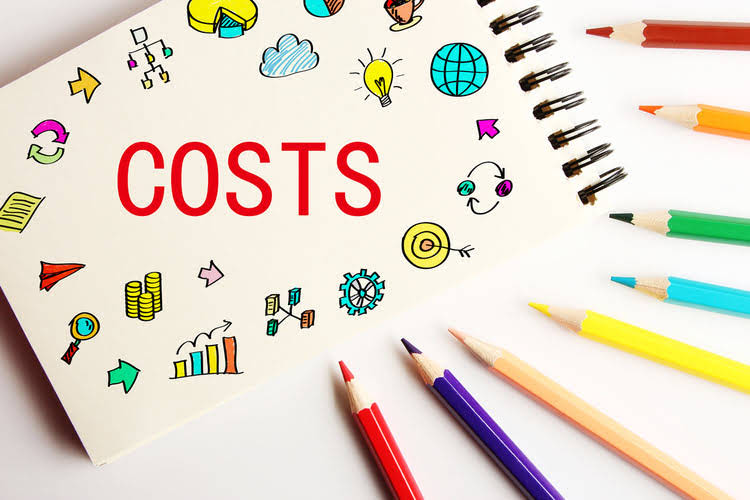
By ensuring that all financial transactions are properly recorded, a bookkeeper helps to keep track of the company’s expenses and income. This information can be used to analyze business performance and identify areas that need improvement or can be optimized for better results. Additionally, a bookkeeper can help businesses to save money by identifying inefficiencies and reducing errors.
Office Administrator Job Description for Resume in 2025 with Best Tips
A bookkeeper is responsible for recording and maintaining a company’s daily financial transactions. They also prepare reports gym bookkeeping for the managers and trial balances to assist the accountants. A bookkeeper may also help you run payroll, collect debts, generate invoices and make payments. Bookkeepers don’t usually need experience to enter the profession, but it’s often required for those who want to advance and take on more senior roles and responsibilities.

Accounting
Entry-level bookkeepers usually have 1 to 2 years of experience, often gained through internships, part-time roles, or through educational programs in finance or accounting. Employers expect bookkeepers to be fluent in at least one of the major accounting systems, such as QuickBooks, Sage, or Xero. Proficiency in these tools allows for seamless management of ledgers, payroll, VAT returns, and financial statements. For this reason, the higher-level courses will usually have some entry requirements. We would like to hire a Bookkeeper unearned revenue to take care of all our company day to day financial tasks.
- It also provides a comprehensive overview of key topics like bank reconciliation, tax filing, budgeting, and payroll.
- These courses are ideal for those seeking entry-level bookkeeping positions or a career in accounts administration within an organisation.
- Becoming a bookkeeper can offer a rewarding career path for individuals with a strong aptitude for numbers and attention to detail.
- You may handle payroll functions as a bookkeeper, keep tax withholding records, and issue paychecks or send information to a contracted payroll service.
- One of the most important aspects of a bookkeeper’s job is to prepare financial reports and budgets.
- Modern accounting software is the repository of all financial transactions for your company and can generate requisite reports in real-time.
IHSS Job Description for Resume – 32 Best Samples & Examples
As a professional bookkeeper, you would keep track of a company’s financial transactions and record them in the general ledger accounts. Single-entry bookkeeping is a basic accounting system that tracks income and expenses in a single account. It is qualifications for a bookkeeper suitable for small businesses with simple financial transactions. Beyond simply recording transactions, a key qualification for a bookkeeper is the ability to manage accounts with an eye towards tax compliance.
What are the common challenges faced by bookkeepers?
Therefore, bookkeepers play a significant role in ensuring that a company’s financial records are up-to-date and accurate, essential for making informed business decisions. Bookkeeping is the systematic recording, organizing, and managing of financial transactions for businesses. The term “keeping the books” originated from this essential business function. Modern bookkeepers do far more than simply record numbers—they serve as financial gatekeepers who help businesses understand their financial health and make informed decisions. Junior roles may require hands-on experience with bookkeeping software, basic understanding of financial principles, and the ability to handle data entry tasks.
What Is a Certified Bookkeeper?
This figure includes an average base salary of $54,420 and $9,676 in additional pay. Additional pay may represent profit-sharing, commissions, or bonuses. Additionally, professionals in this field may be able to cross into other related accounting roles, such as accounts payable, accounts receivable, or payroll. For businesses that want to ensure they maintain financial health, hiring the right accounting professionals is an essential piece of their success. A Bookkeeper is responsible for recording and maintaining a business’ financial transactions, such as purchases, expenses, sales revenue, invoices, and payments. They will record financial data into general ledgers, which are used to produce the balance sheet and income statement.

It’s also a great way to prepare for managing your accounts as a small business owner. Read on to learn about everything from bookeeper salary and job opportunities to the qualifications and skills you’ll need. Include essential sections such as contact information, professional summary or objective, work experience, education, skills, and relevant certifications.
She has written about higher education and career development for various online publications since 2016. She earned a master’s degree in urban studies from Portland State University and a master’s degree in library and information science from the University of British Columbia. In addition to her experience with professional writing and editing, she has worked in museums, libraries, universities, and in the historic preservation field. The CB from APIB and the Bookkeeping Certification and CPB credential from NACPB can lead to similar job opportunities. They demonstrate skills and expertise, confirm professional experience and testify to a commitment to professional ethics. You’ll be working closely with clients, so it’s important that you’re able to build relationships and provide excellent customer service.

Professional Bookkeeping Certifications Comparison
NACPB offers a Certified Public Bookkeeper License Bundle that includes all required courses, certification exams and certificates for $1,078 (members) or $1,347 (nonmembers). CBs must complete 60 continuing professional education credits every three years to maintain certification. AIPB’s self-study CB prep course costs $479 for members and $574 for nonmembers and includes all certification costs, including an enrollment fee, workbooks and Prometric test fees.
- It’s about making a conscious effort to learn new things, improve your skills, and stay up-to-date with industry trends.
- Certified bookkeepers help organizations keep track of their finances.
- We will explore the foundational requirements and advanced specialisations that define a top-tier bookkeeper in today’s market.
- While not required, tax knowledge significantly enhances a bookkeeper’s value.
- A solid understanding of math and the ability to accurately analyze data are non-negotiable.
- In this article, we will answer these questions and give you some tips on how to start your bookkeeping journey.
Are certifications necessary for a career in bookkeeping?

This also means staying up-to-date with the latest regulations and best practices to avoid unintentional errors. It’s a continuous commitment to doing things the right way, every time. But how am I ever going to get any experience if no one gives me a chance? ” After a grueling interview process, they gave me the opportunity to be a staff accountant at this company. Other certifications are available through organizations like the National Association of Certified Public Bookkeepers (NACPB). Discover more career-ready programs designed to match your goals and interests.















